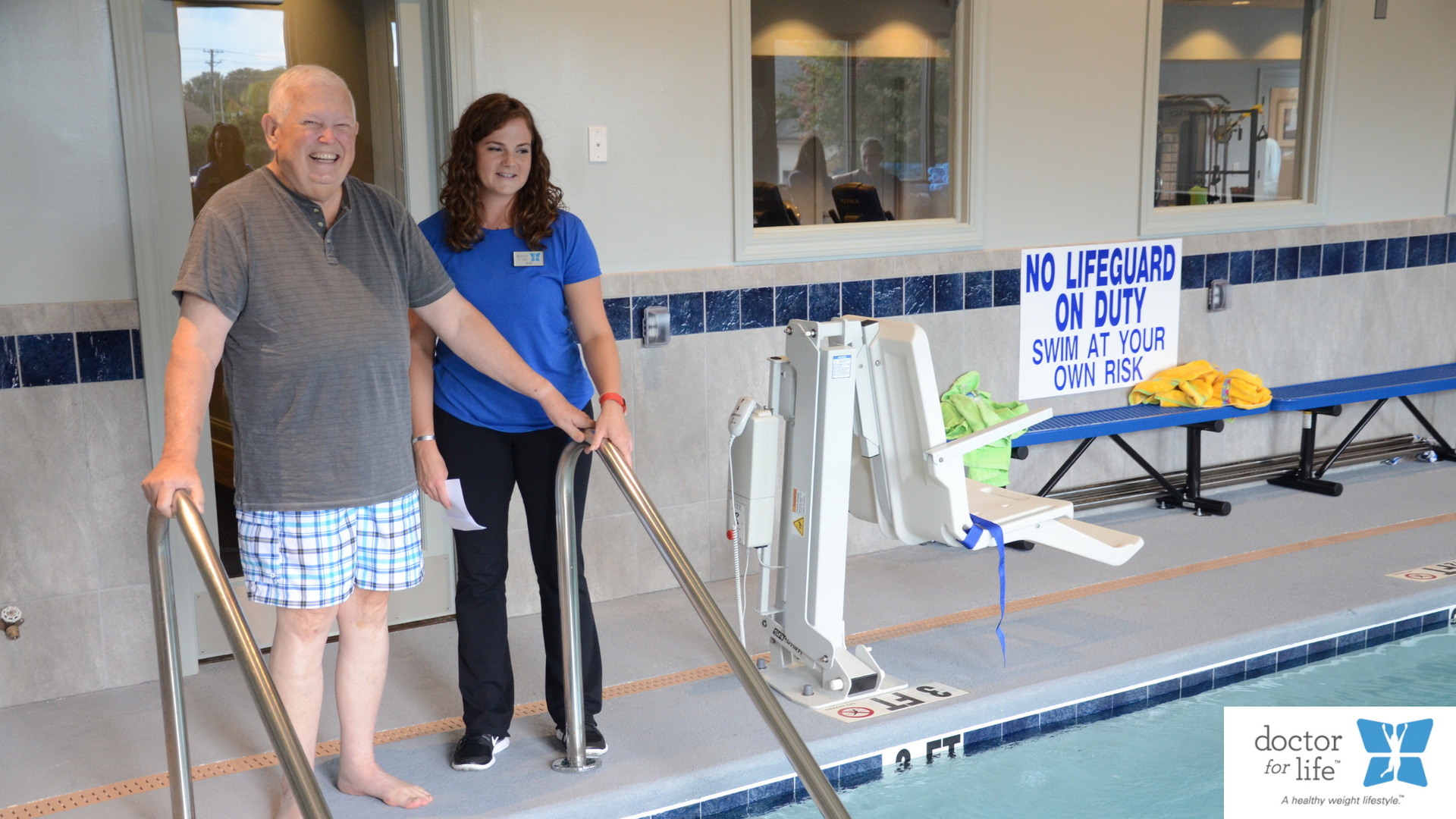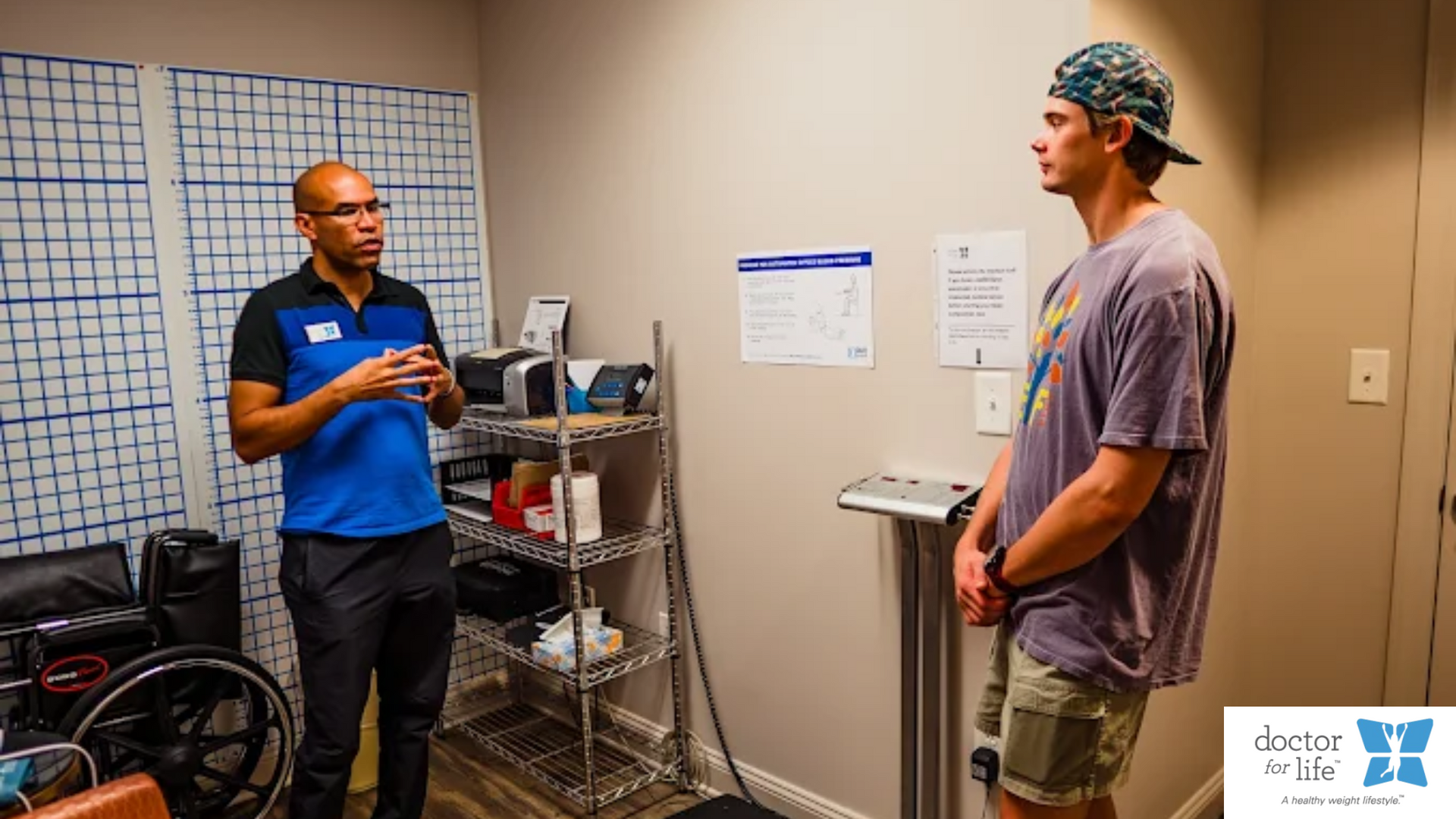How Does the Diabetes Prevention Program Work?
Understanding the Diabetes Prevention Program (DPP)

The Diabetes Prevention Program (DPP) is a structured lifestyle intervention designed to help individuals at high risk reduce their chances of developing diabetes. Research shows that with the right lifestyle changes, diabetes prevention is completely in your control.
Key Components of the DPP
The Diabetes Prevention Program is built around three core principles:
1. Healthy Eating Habits
A well-balanced diet is essential in preventing diabetes. The program encourages:
- Reducing processed sugars and unhealthy fats.
- Eating fiber-rich foods such as fruits, vegetables, and whole grains.
- Choosing lean proteins and healthy fats like nuts and olive oil.
- Following evidence-based diets such as the DASH Diet, which has been shown to lower blood pressure, improve cholesterol, and enhance insulin sensitivity.
- Exploring plant-based diets that can further reduce the risk of diabetes by promoting better cholesterol and insulin levels.
2. Regular Physical Activity
A sedentary lifestyle is a major risk factor for diabetes. The DPP promotes:
- At least 150 minutes of moderate exercise per week (e.g., brisk walking, cycling, swimming).
- Strength training exercises to improve muscle mass and glucose metabolism.
- Starting small: Walking just 30 minutes a day can reduce diabetes risk by up to 70%, according to studies by the National Institutes of Health (NIH).
3. Behavioral and Lifestyle Support
Since making lifestyle changes can be challenging, the DPP provides:
- Coaching and group sessions for motivation and accountability.
- Personalized goal-setting and progress tracking.
- Education on stress management, as high stress levels can contribute to insulin resistance.
- Strategies for overcoming barriers to healthy eating and regular exercise.
Who Can Benefit from the DPP?
The DPP is particularly effective for individuals who:
- Have prediabetes (elevated blood sugar but not yet diabetes).
- Are overweight or obese, especially with fat around the abdomen (waist size >40 inches for men, >35 inches for women).
- Have a family history of diabetes, making them more susceptible.
- Live a sedentary lifestyle, spending most of the day sitting.
- Have high blood pressure or cholesterol, both of which increase diabetes risk.
Proven Results: Does the DPP Really Work?
Studies confirm that lifestyle changes significantly reduce diabetes risk. Findings from the original Diabetes Prevention Program (DPP) clinical trial include:
- Participants who lost 5-7% of their body weight (10-15 pounds) reduced their risk of developing diabetes by 58%.
- Those over age 60 saw a 71% reduction in risk.
- The DPP lifestyle intervention was more effective than medication (Metformin), which only reduced risk by 31%.
How to Get Started with the DPP- Take Control of Your Health with Doctor for Life
At Doctor for Life, we don’t just treat conditions—we focus on healing the person, promoting health, and preventing diseases. Our approach aligns with Diabetes Prevention Programs, helping you achieve vitality, endurance, and a better quality of life. If you're ready to take control of your health and prevent diabetes, book an appointment with Doctor for Life today.










